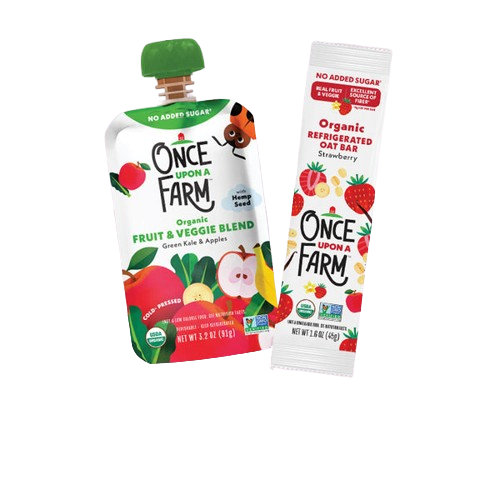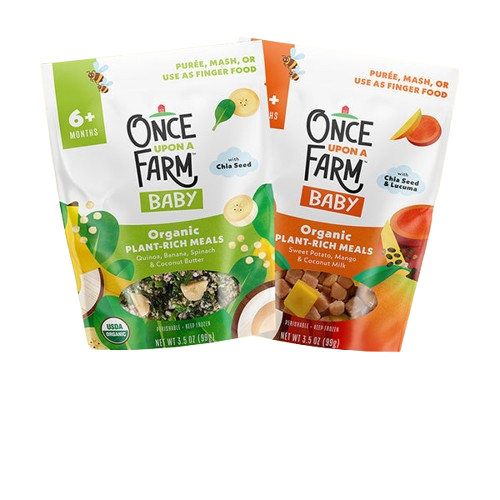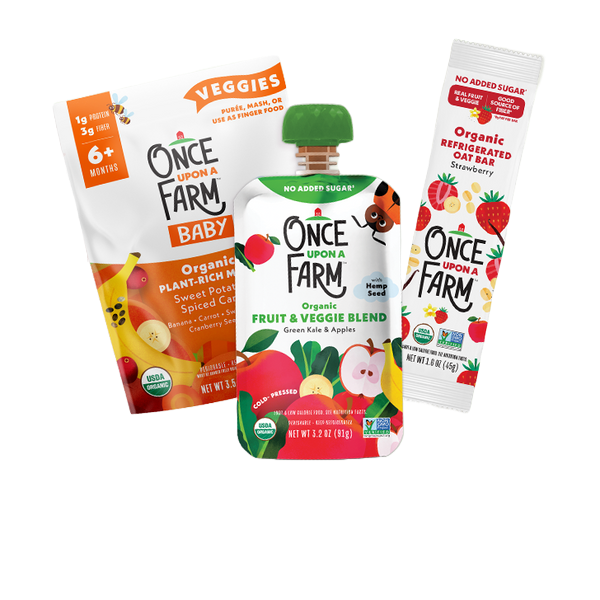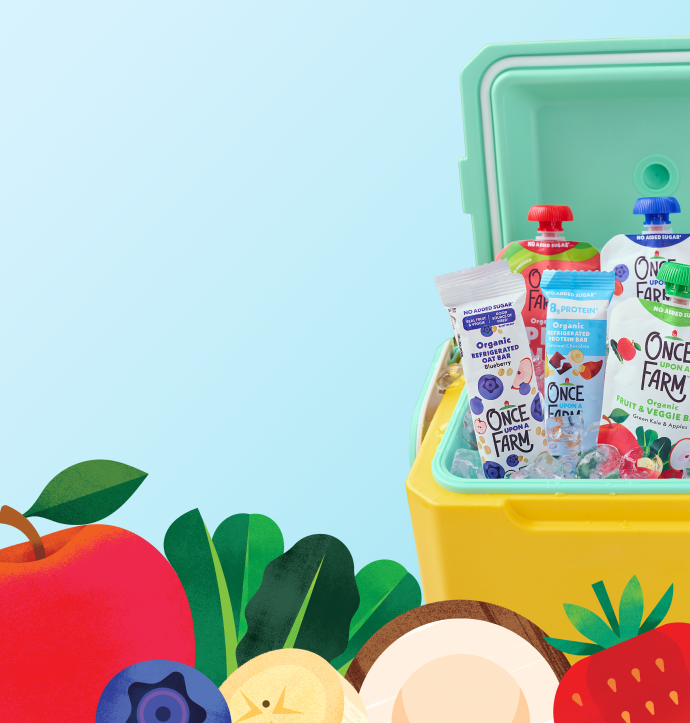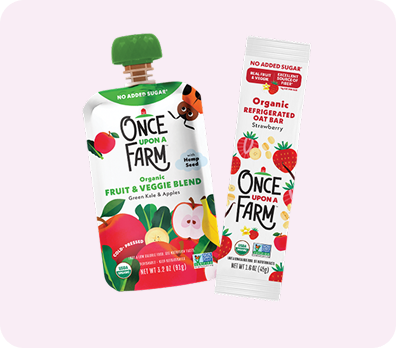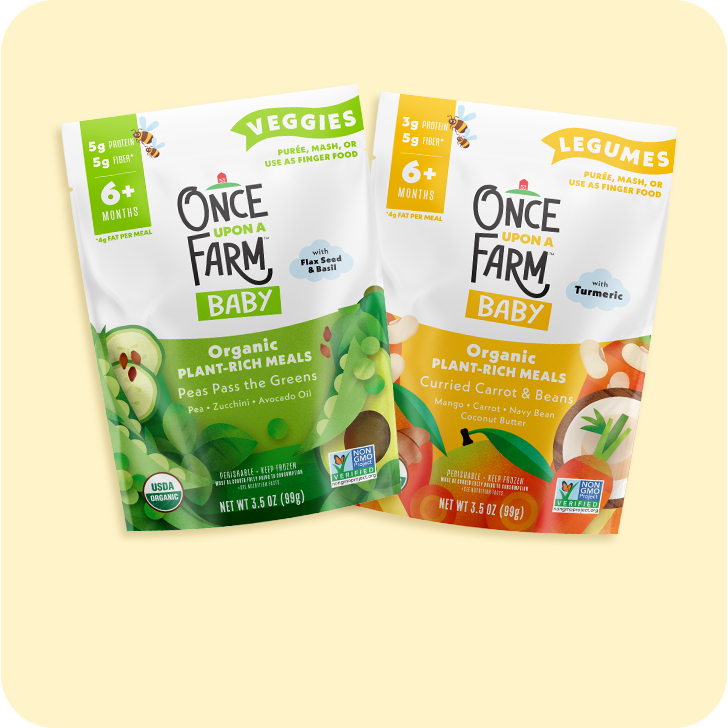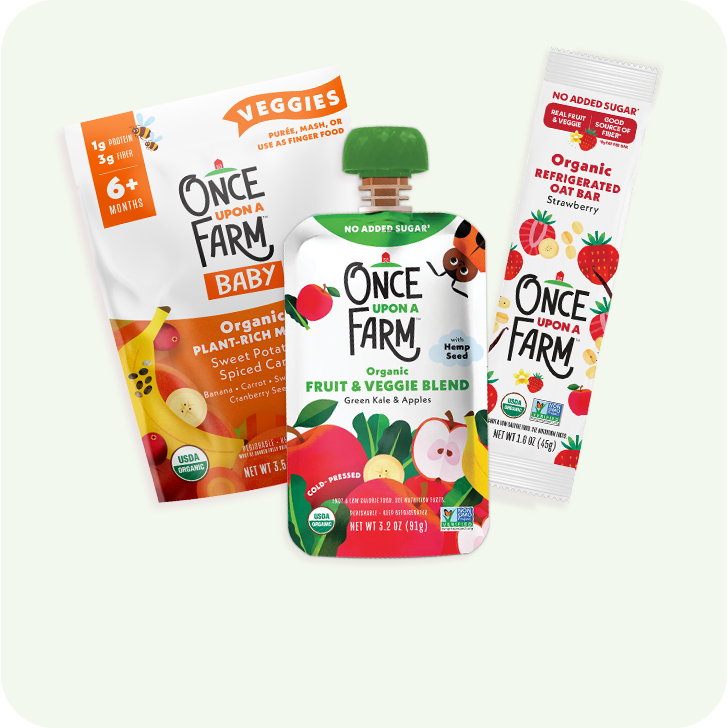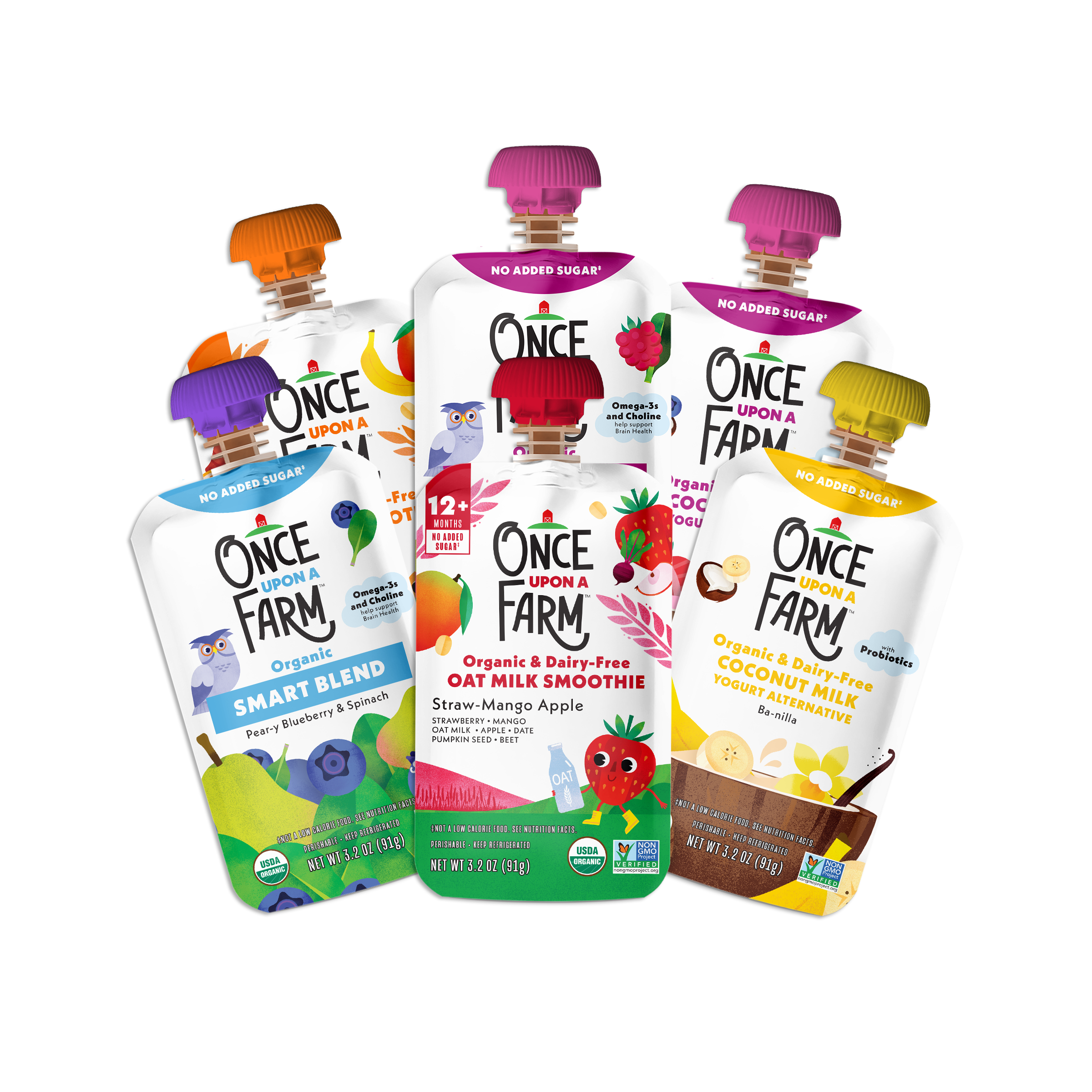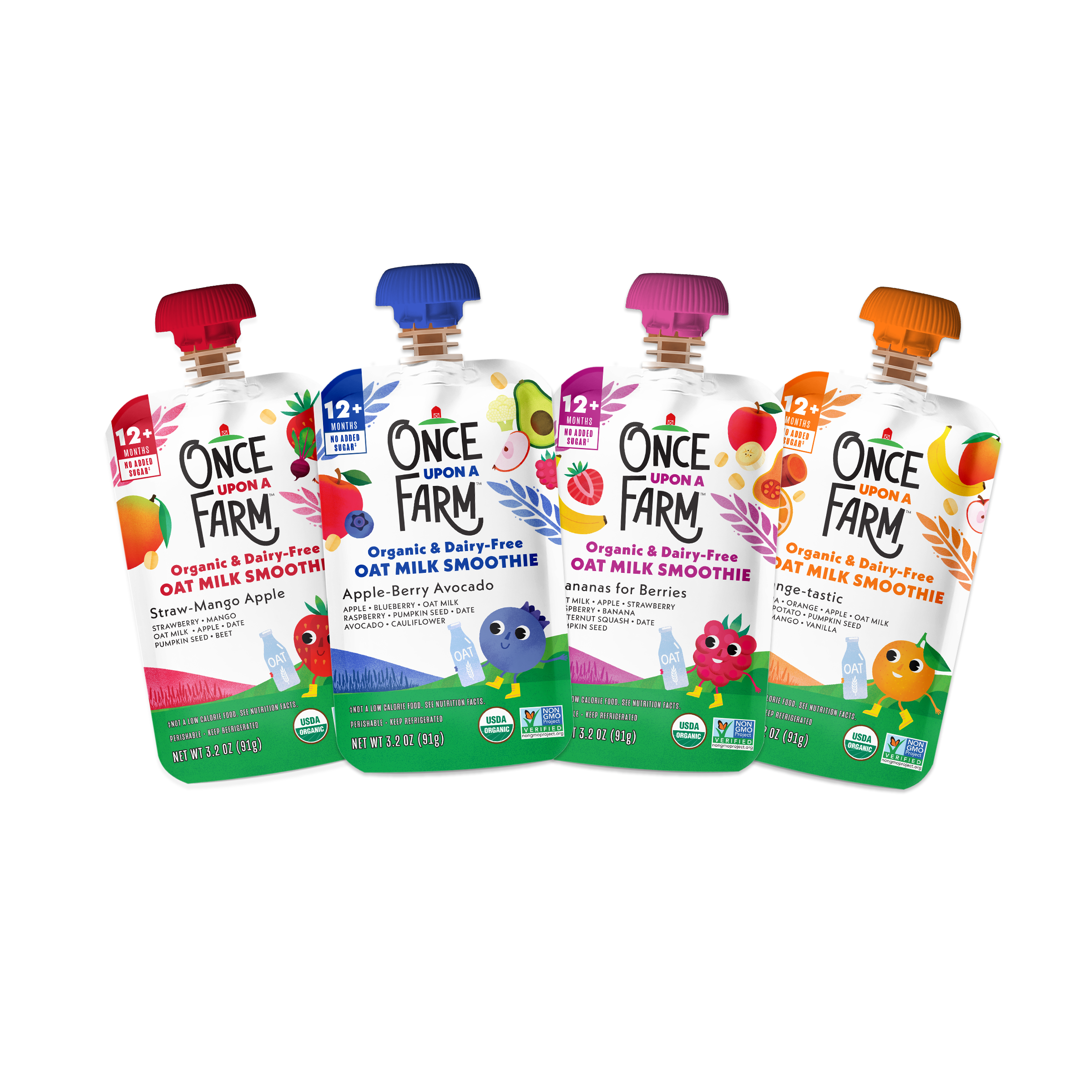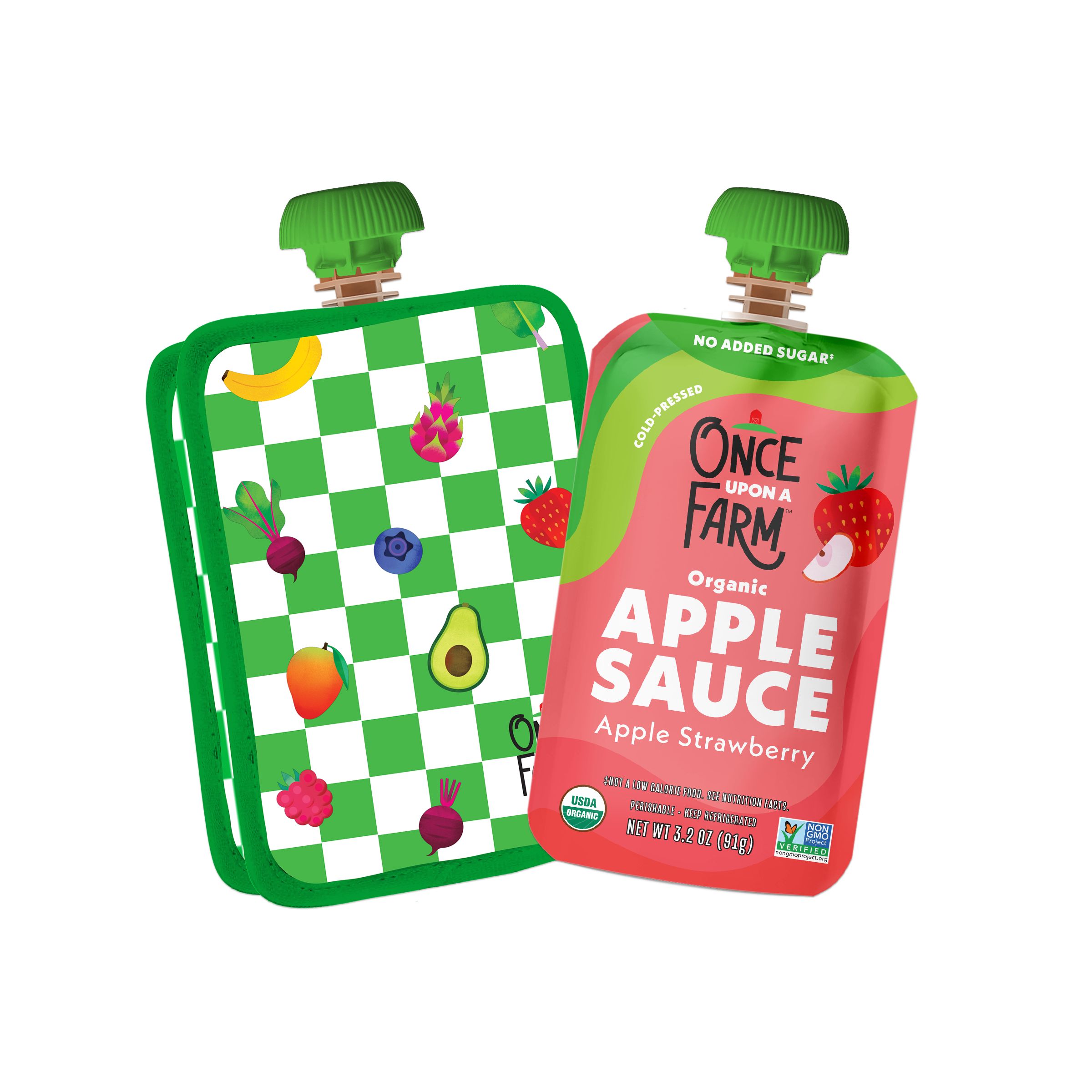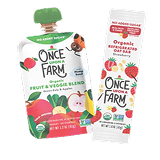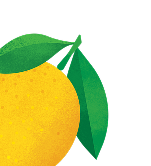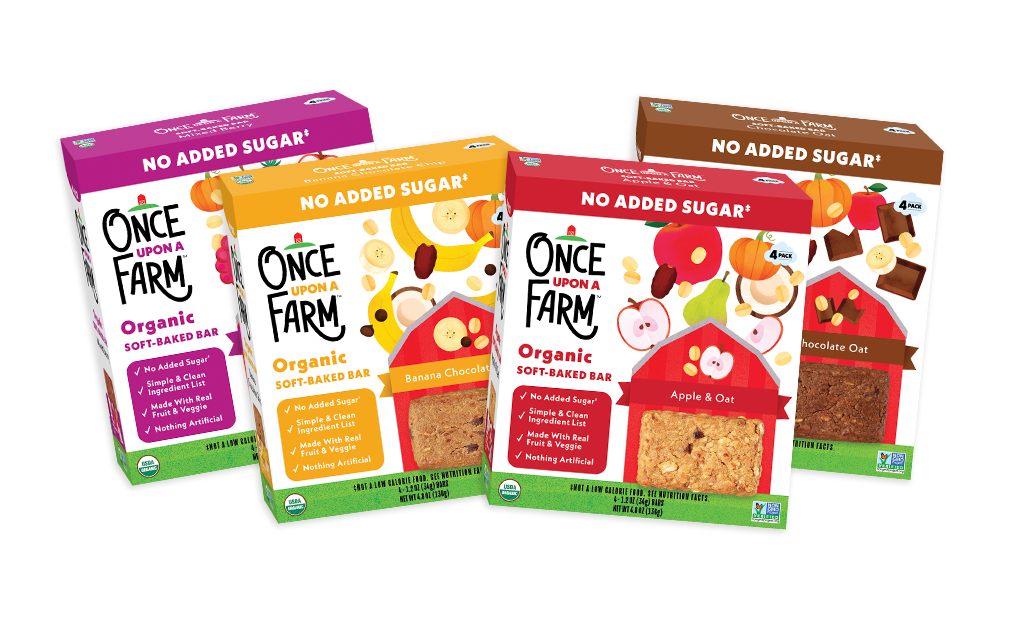Note: This blog is not medical advice and is for informational purposes only. For any specific nutrition recommendations or questions, please refer to your child’s pediatrician or healthcare provider.
The body needs protein. It needs a lot of protein. We know this, but most of us don’t know why. Why is protein so important? What about protein for kids? The more we parents understand this macronutrient, the better equipped we’ll be to teach—and feed—our kids.
To help us probe the particulars of protein, we spoke with microbiome expert Suzanne Devkota, PhD and kids’ dietician Kacie Barnes, MCN, RDN, LD (@mamaknowsnutrition).
What Is Protein?
“Proteins are the building blocks of our bodies and are essential for proper growth.” Dr. Devkota says. Proteins are composed of amino acids, including essential amino acids that our bodies “cannot make on their own and they must be consumed in the diet.”
Protein restriction in early years can stunt growth, she says, so “ensuring enough protein and the complete range of amino acids are consumed is essential during development.” That’s not to say protein ever stops being essential—it continues to play a crucial role through our life.
How Much Protein Do Kids Need?
Dietary guidelines recommend:
- Toddlers 1–3 years old: 0.5g/lb. body weight per day
- Children 4–8 years old: 19g per day
- Children 9–13 years old: 34g per day
Dr. Devkota notes, “Children who are physically active and building muscle through sport activities would likely benefit from higher protein intake than the RDA.”
Best Sources of Protein
When you think of healthy protein for kids, it’s not dissimilar to what us adults should be prioritizing. Kacie Barnes has suggestions:
- Lean meat and fish
- Eggs, milk, yogurt, and cheese
- Whole soy products (in limited amounts) like tofu, tempeh, and soy milk
For non-meat eaters, Dr. Devkota also suggests pea proteins, but reminds us, “It can be difficult to reach a high enough protein level with legumes alone without consuming a lot of calories, so find a balance between different vegetarian/vegan protein sources.”
Protein-Packed Snacks Ideas*
Finding healthy snack ideas can be daunting. Lucky for us, Barnes put together a delicious menu of protein-packed snacks for babies, toddlers, and older kids.
Babies:
- Scrambled eggs with spinach
- Yogurt: full fat, plain yogurt, can stir in mashed fruit or a purée
- Tofu: baked or air fried and cut into strips
- Shredded chicken thigh
- Salmon or sardines, mashed with avocado and lemon
Toddlers:
- Milk: cow or soy (no cow’s milk as a drink before age 1**)
- Cottage cheese/cheese
- Ground meat (also okay for babies)
- Sliced hard-boiled eggs
- Pasta with red lentils cooked into the pasta sauce
Older Kids:
- Once Upon a Farm Refrigerated Protein Bars
- Greek yogurt parfait with DIY toppings
- String cheese
- Tuna salad on crackers
*Be sure that your child is ready for these snacks. They should be able to crawl without their tummy on the floor, use fingers to eat, and start to mash food with their jaw. Be mindful of food size and texture and cut into age-appropriate pieces to minimize choking risk as needed. Only feed your child when they are seated and supervised.
**Cow’s milk can be harder for babies to digest, and early introduction may cause iron deficiency anemia. Sources: PubMed, American Academy of Pediatrics

